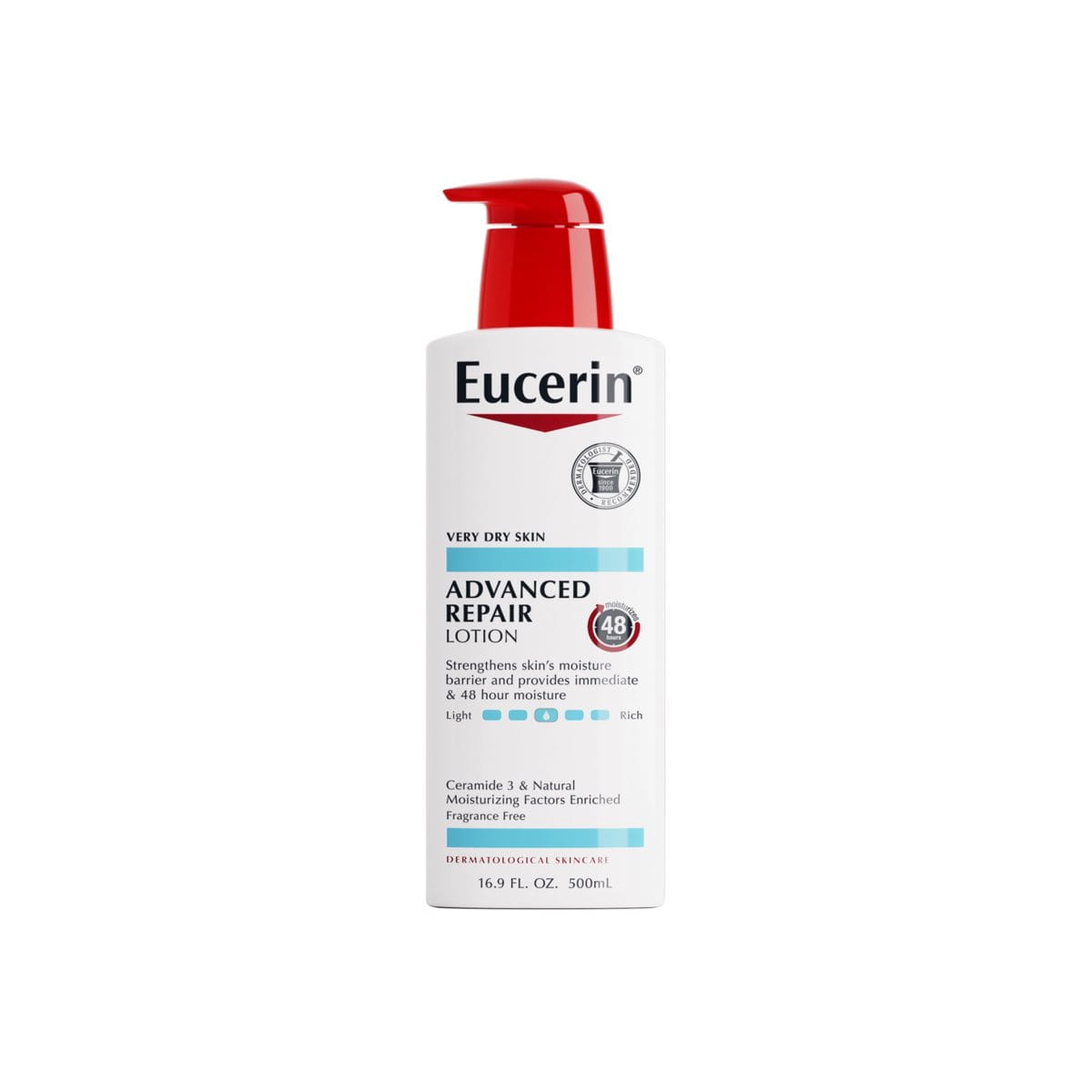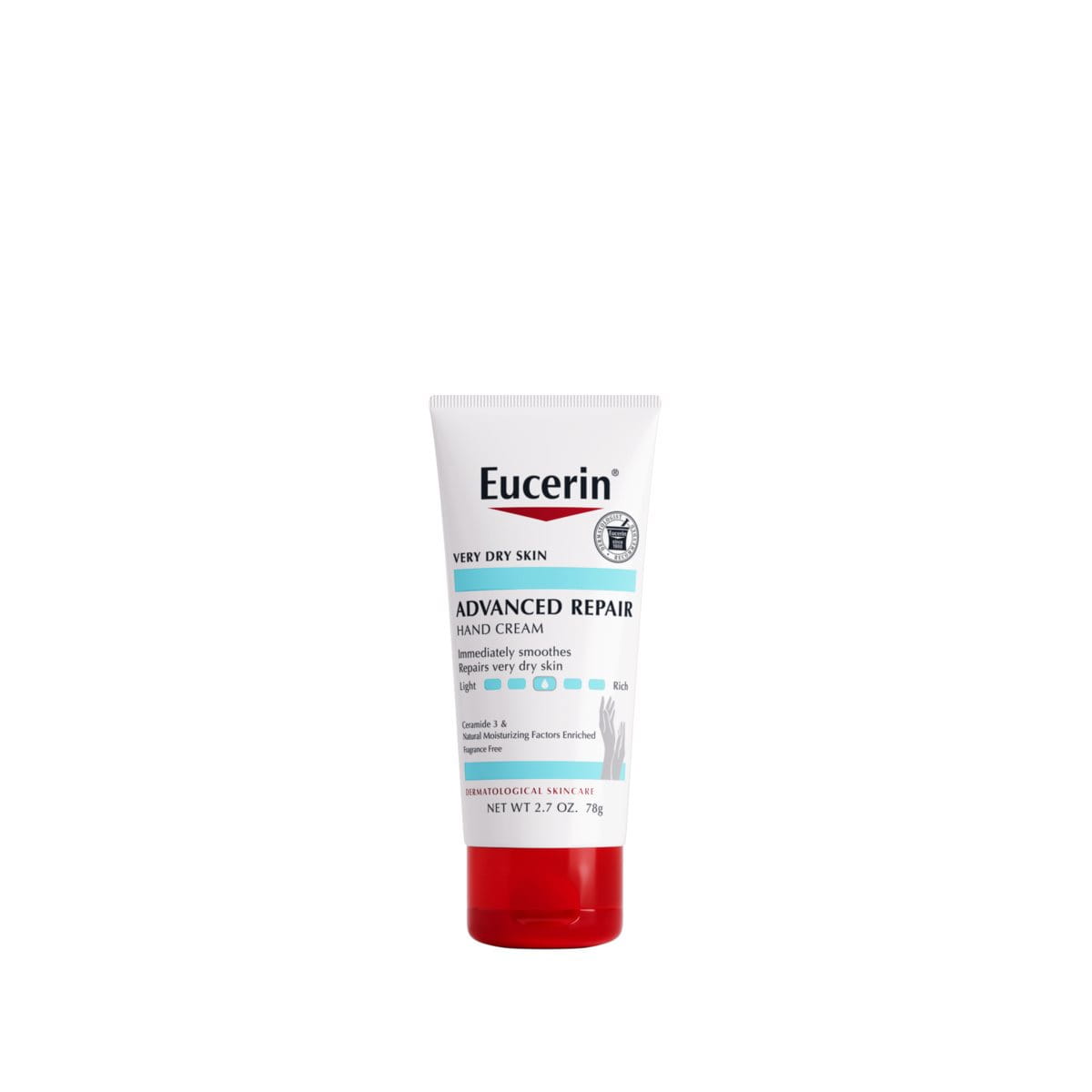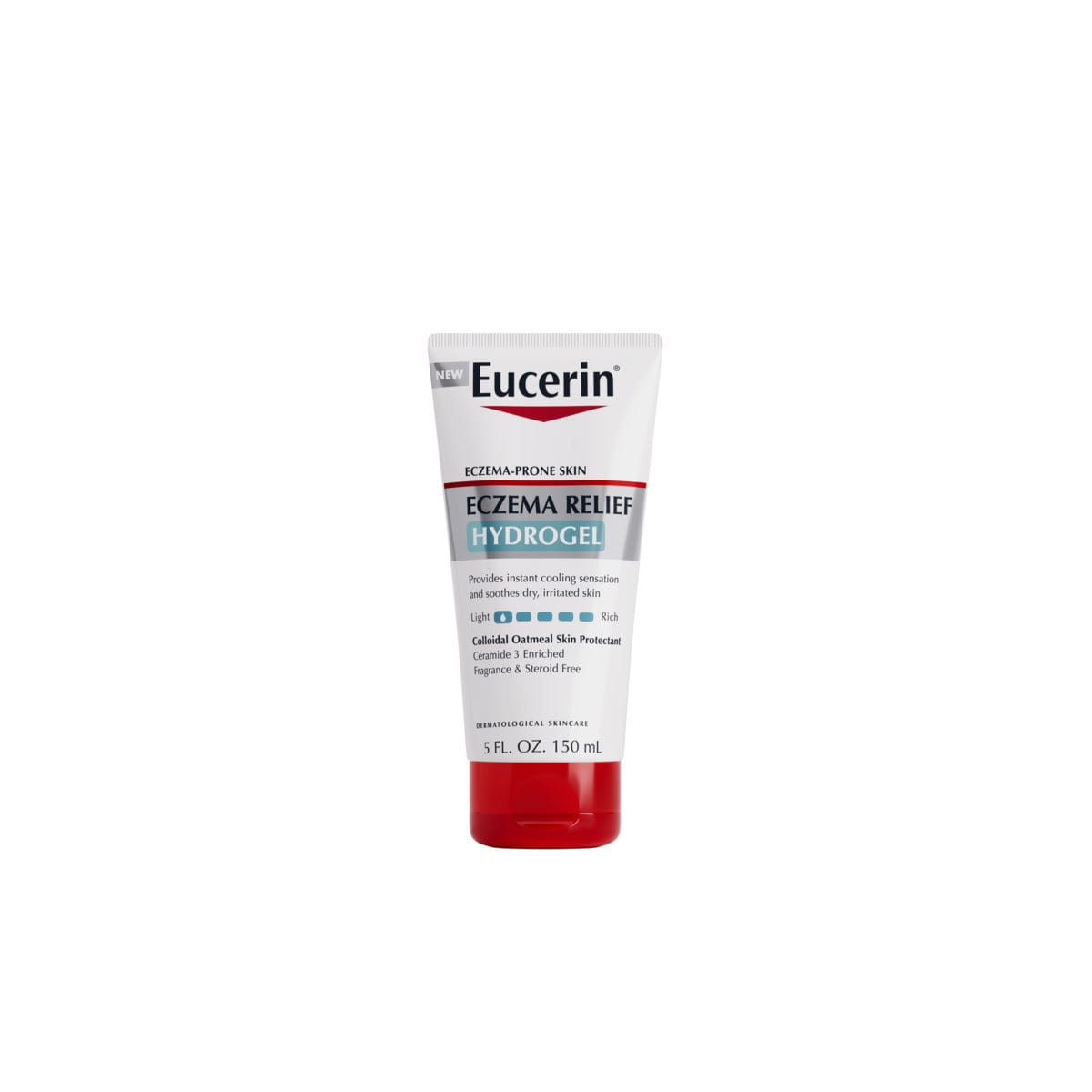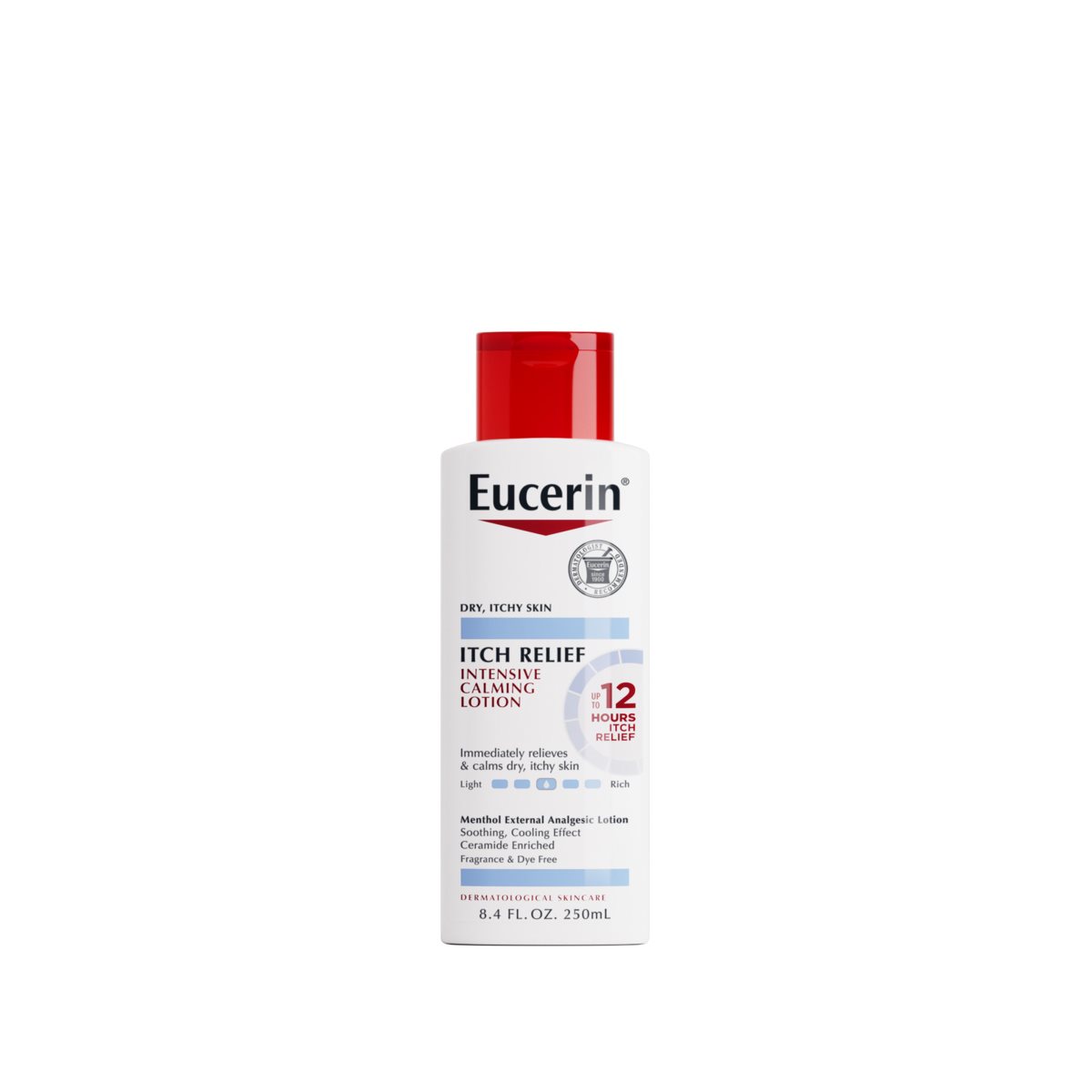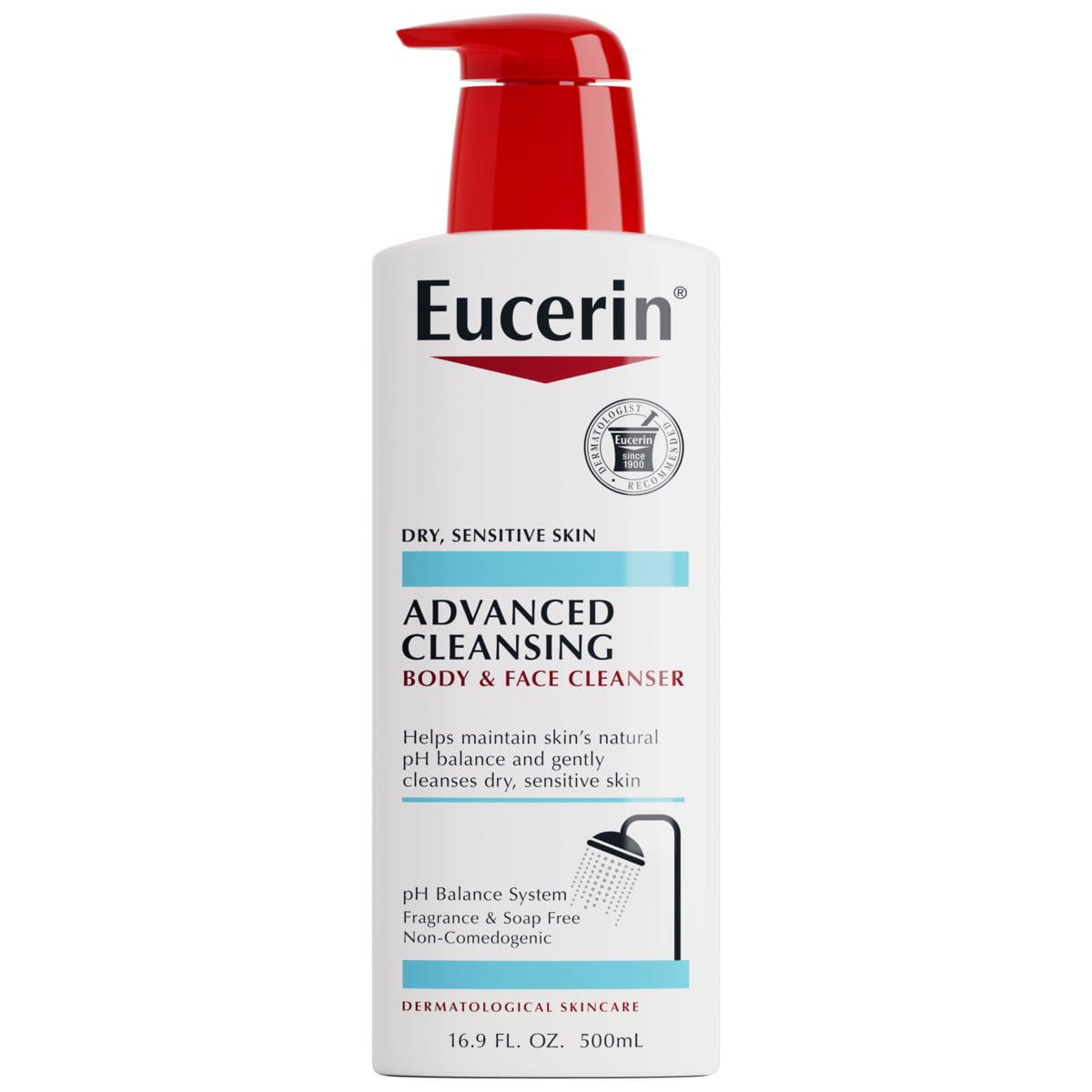Dry skin is extremely common and is experienced by almost everyone at some point in his or her lifetime. In some cases it can be genetic-one can be predisposed to having a drier type of skin. But in many cases, dry skin occurs due to external factors like extremes in climate, UV sunlight rays, and from exposure to chemicals and detergents that strip moisture away from the topmost protective layers of skin.
Our skin acts as a two-way barrier protecting the internal body from external elements and preventing the excessive outward passage of water and electrolytes. Dry skin is the result of decreased moisture in the top layers of our skin-s epidermis (the stratum corneum), which weakens its protective function and can affect the appearance of skin. Maintaining the right moisture balance in the top layers of the skin's epidermis is important in managing dry skin conditions and keeping skin healthy-looking, hydrated and smooth.
Helping to keep the skin-s balance of moisture and protection is a hydrolipid film composed of moisture and natural oils (including fatty acids and lipids) that covers the skin-s surface. In dry skin, this film has become impaired, leading to moisture loss and dryness. Excessive showering and bathing, especially in hot water, washes away these protective oils. And many soaps and detergents can strip natural moisture. Cold winter weather, wind, heat and excessive sun exposure can all disturb skin's natural hydration levels and lead to dry skin.
In addition to external factors, there are many conditions, such as eczema and atopic dermatitis and psoriasis that can cause extremely dry skin. And as aging skin loses its capacity to retain moisture, the result is often dryness and wrinkles.
Dry skin can also become flaky, rough or bumpy. Keratosis Pilaris is a common dry skin condition that causes rough skin bumps, usually on arms and legs. Learn more about very dry skin.
Care & treatment
When treating dry skin, always use a mild, soap-free cleanser. Avoid hot water, which can dry out skin further, and within a few minutes after bathing, apply an effective moisturizer to seal moisture into the skin. Whether caused by genetics, temperature changes or chemical irritants, dry skin needs the right skincare products designed to increase the skin-s water-binding capacities and prevent the loss of moisture from the deepest skin layers. Contact your dermatologist if your dry skin conditions persist or appear to worsen, even with treatment.
Don-t forget your hands! Exposed to hot water, soil and weather extremes, the skin on your hands can easily become overburdened and damaged. Dry and cracked hands are prone to more serious conditions like eczema and dermatitis. So keep them well moisturized, and protect them with gloves in cold weather, when using cleaning products or gardening.
The information provided herein is not intended to be medical advice. Nor is it intended to treat the underlying skin disease or condition. The information is provided solely to:
1. Moisturize, soften and smooth dry skin
2. Improve the appearance of the skin
3. Achieve healthier-looking skin
Our brand values

We deliver a holistic approach to help keep your skin healthy-looking and radiant.

For over 100 years, we have dedicated ourselves to researching and innovating in the field of skin science. We believe in creating active ingredients and soothing formulas with high tolerability that work to help you live your life better each day.

We work together with leading dermatologist and pharmacist partners around the world to create innovative and effective skincare products they can trust and recommend.

